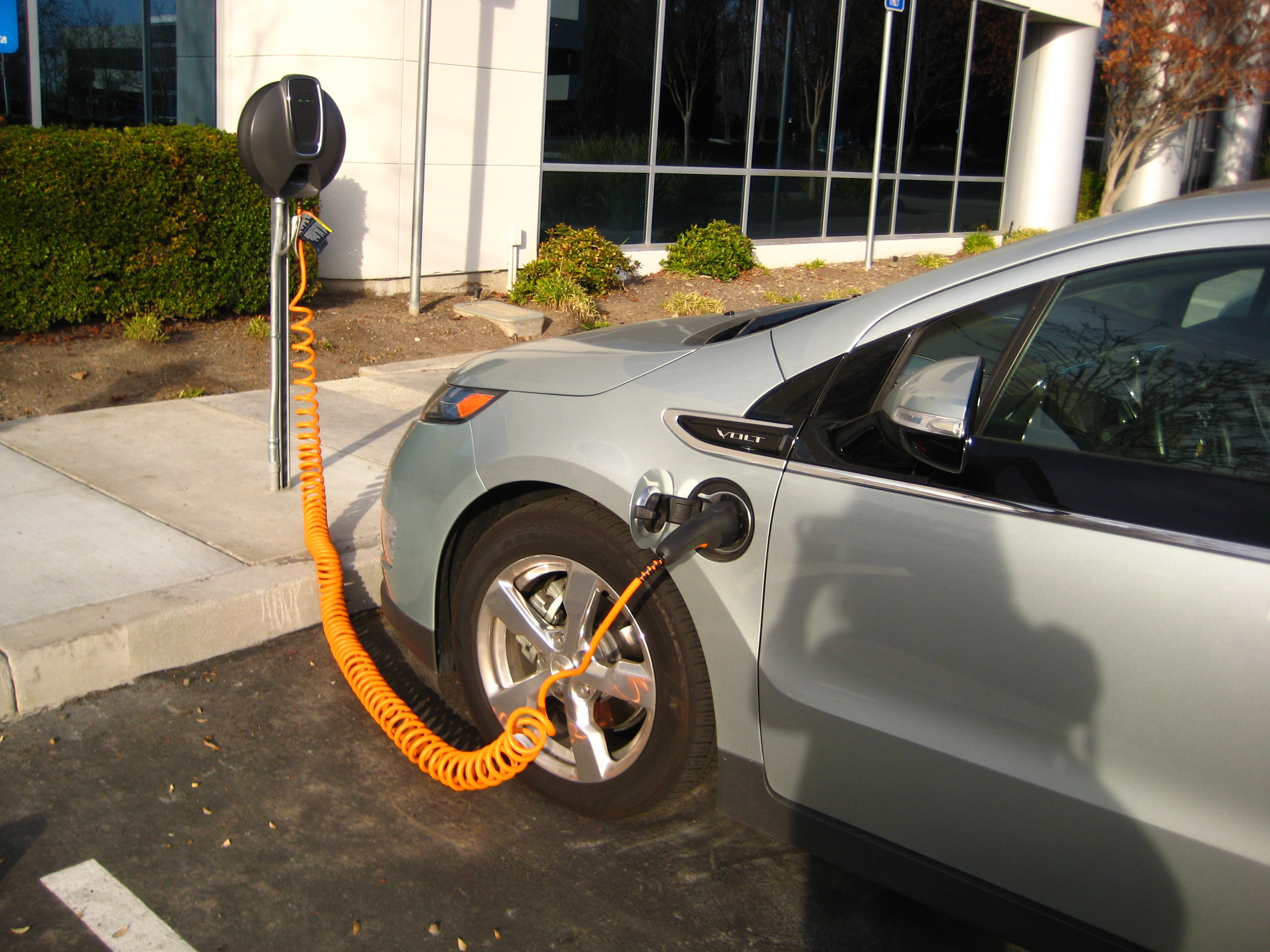
Deep down, everyone knows that there's a limited amount of oil on the planet, and that gasoline-powered vehicles have some pretty nasty side effects for the environment. More and more people have opted for alternative fuels, but it's important to be able to take the bad with the good when it comes to alternative fuels. If you're considering making a switch, here are some things to consider:
Hybrids
Pros: Not a whole lot different from driving any other vehicle – they run on regular gasoline and don't come with much of a change in lifestyle or driving habits.
Cons: Often a higher sticker price than a conventional counterpart, and sometimes hybrids tend to disappoint when it comes to fuel economy. Lack of power and acceleration with older models.
Plug-In Hybrid
Pros: No emissions in all-electric mode, cheap cost per mile, and home recharging.
Cons: Higher sticker price, daytime charging can burden electric grid, and they really need to be plugged in to see any benefit. Many consider plug-in hybrids to be an immature or transitional technology.
All-Electric Vehicles
Pros: Very quiet, instant torque from electric motors, zero emissions.
Cons: Short range, the extreme quiet can actually be dangerous to pedestrians and bicyclists, and they need a long, deep charge. Public chargers are scarce, while high-voltage home charging setups can be expensive.
Diesel
Pros: 30-40 percent better fuel economy, better torque for the engine size, and most diesels can be converted to run on pure waste vegetable oil. Newer diesels also give up nothing to gasoline-powered engines when it comes to acceleration and power.
Cons: Noisier and more prone to vibration, higher sticker price and higher per-gallon cost of diesel fuel. Refills of urea solution are part of routine maintenance for clean diesels.
Biodiesel
Pros: Renewable and can come from a wide variety of sources...older diesels in particular can often burn diesel or bio with zero modifications. Used vegetable oil can even be found for free.
Cons: Filtering of biodiesel can vary widely, so carmakers only honor a warranty when fuel is five percent biodiesel. Availability of biodiesel still lags in many parts of the country.
Ethanol
Pros: Lower in emissions, reduces demand for foreign oil (somewhat) and can be produced from waste material like silage.
Cons: Penalty in fuel economy, poor availability at many gas stations, E85 blend is hard on rubberized engine parts and diversion of corn to ethanol production can affect food prices.
Compressed natural gas/propane
Pros: Provides plenty of power, requires minimal conversions, burns much cleaner than gasoline and is much cheaper. Propane is also abundant in the United States.
Cons: Huge pressurized gas tanks that carry the equivalent of just a few gallons of gasoline, for limited range. Propane refueling facilities are fairly scarce, and refilling the tank is rather slow.
If you're giving serious thought to buying an alternative-fuel vehicle, it's important to have a little reality check before you go ahead and pull the trigger on that purchase. Regardless of what you drive, though, we can get you taken care of at 106 St Tire. Whether you're looking for custom wheels, premium-brand tires or services like oil changes, wheel alignments, brake repair or engine diagnostics, make an appointment with us and find out what we can do for you!